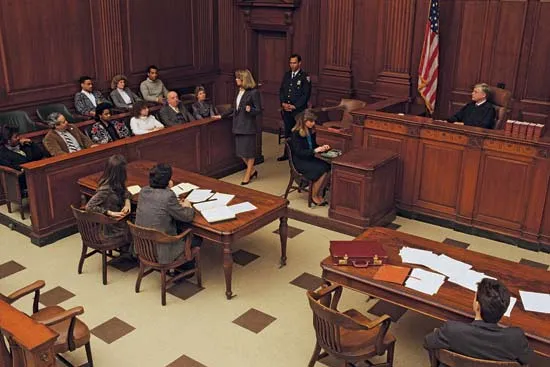By Chris Williamson-
Lawyers in the future may bill their clients by ‘units of attention’ monitored by computers directly connected to their brains, a horizon-scanning report by the Law Society suggests today. Neurotechnology, Law and the Legal Profession is looking into some of the questions that will arise from the adoption of brain-computer interfaces such as those already being developed to help people overcome physical disabilities.
The advanced technology could eventually be used world wide if it gains wide recognition and does not have damaging consequences that renders it counter productive it other ways.
Billing clients through computers connected to the brains will quantify the level of focus and brain power being used to address a case by lawyers, but the introduction of such tech can also be accessible to clients , who could potentially also claim their conduct to have been influenced by some external force
Neurotechnologies are technologies which interact directly with the nervous system, connected by body-worn sensors or even a chip planted into the brain. According to the report, such technology is already being used to treat neurological conditions such as Parkinson’s disease and to monitor employees’ attention when they are working. ‘Neurotech is also of great interest to the military – with the prospect of cognitively enhanced cyborg super-soldiers on the horizon.’
. The report interestingly notes that researchers have already shown that cockroaches can be ‘steered’ by the power of human thought.
However, the associated technology of neurotechnologies raise potential concerns about privacy and surveillance because of the large amounts of brain data that such systems are likely to accumulate, which could be capable of exploiting or manipulating people.
Setbacks of the technology includes the possibility that defendants may claim that their criminal behaviour is a result of having their neurotech device or even brain hacked, according to the Law Society.
The report also inquires how strict should any regulatory environment be, given the potentially enormously valuable impact of neurotechnology in treating conditions such as dementia and depression?
Report author Dr Allan McCay, said: ‘This tech is coming, and we need to think about regulation. Action is needed now as there are significant neurotech investors such as Elon Musk and Meta (Facebook). We need law reform bodies, policy makers and academics to be scrutinising these technological advances rather than waiting for problems to emerge.’




